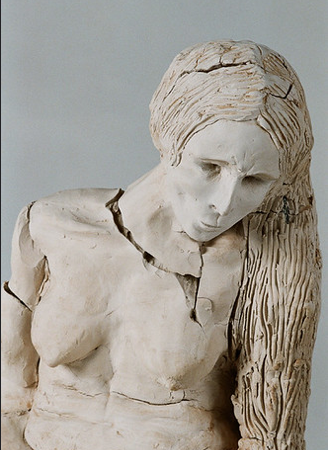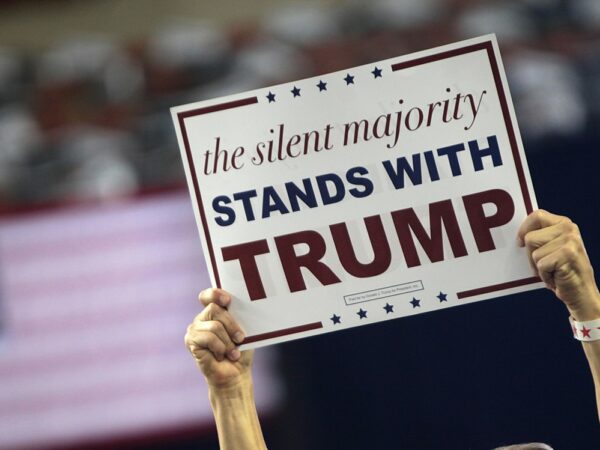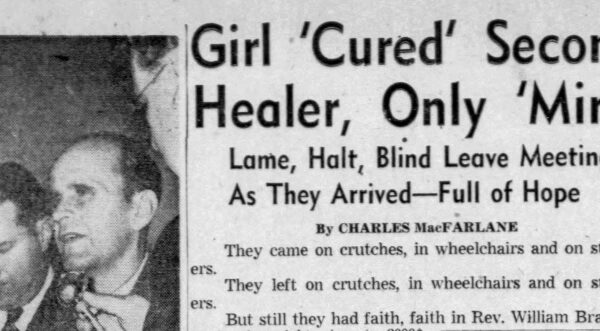
In what follows I want to trace a political theology of miracles that makes possible their circulation in U.S. revivalism. A straightforward theology—namely that God does miracles—is certainly part of the motivating belief for revivalism. But I want to trace here the political contours of revivalisms’ continuous circulation of the miraculous, well past the time that secularization theory suggested that they would give way instead to secularity, science and the enlightenment.
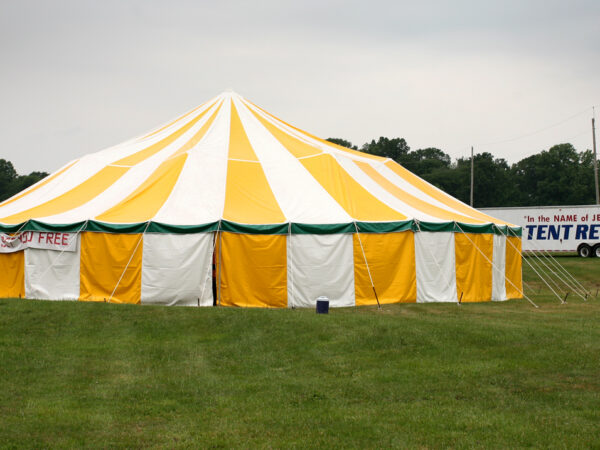
Debates around revival persist because of what it promises. Indeed, it could be a site of hope for evangelicals in the midst of stories about declining church membership and religious disaffiliation from younger generations. But for some who experience revival on a regular basis, frustration and disappointment might abound.
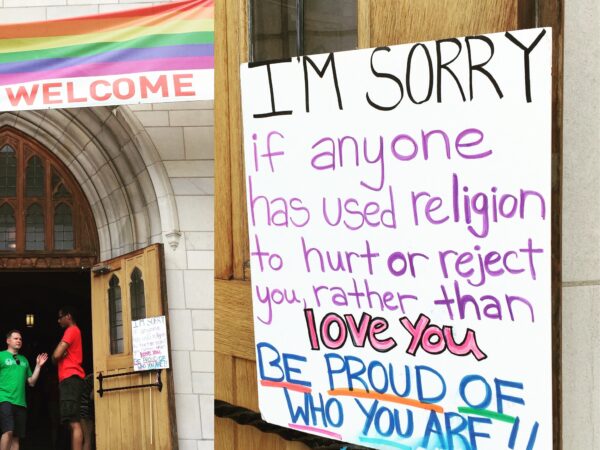
Is revival time a kind of queer time? The suspension of quotidian time during a revival event makes possible a queer time and place, but this possibility must be held in tension with the experience of openly queer people at Asbury, whose presence at the revival caused a furor in the conservative media.
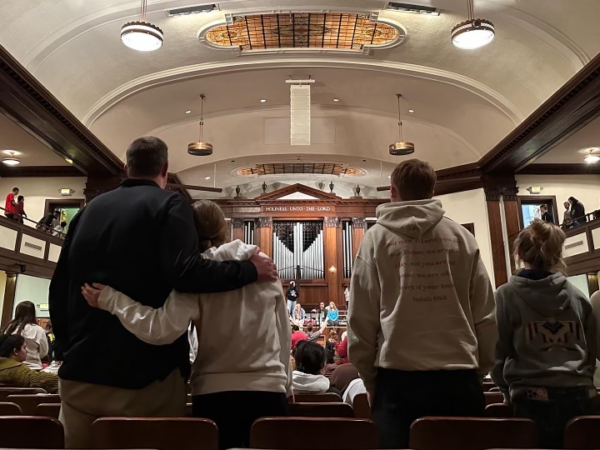
And this brings us to the aspect of Asbury that is either hopeful or depressing. Again and again, what happened in Asbury in February of 2023 is presented as first being centered around the youth and, second, as devoid of the common American strain of nationalist muscular Christianity.
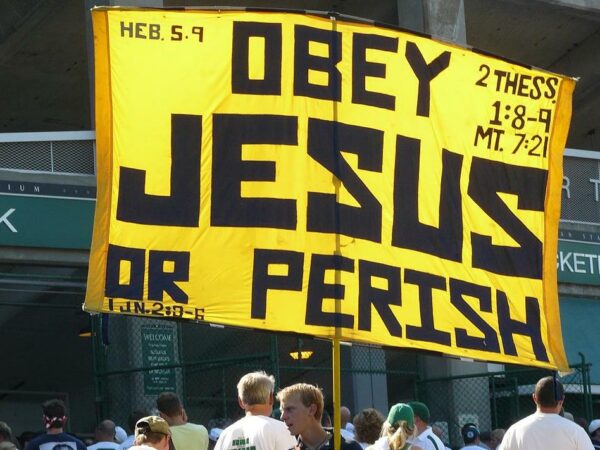
To understand what’s going on today, we need to understand the 400 year story of Christian privilege in America.
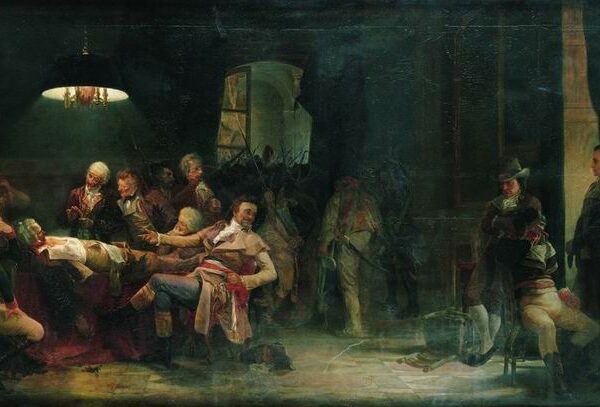
Authoritarianism in Christianity is a feature, not a bug, and it is unlikely to change any time soon. Perhaps on its own it is a problem mainly to those inside the faith. But when Christian authoritarianism hooks up with fierce cultural reaction, it can become a profound problem for society.
 [1]">
[1]">Like authoritarian regimes throughout history and around the world, threats to cultural and political power are leading many on the Christian Right to fear declining national birth rates and promote traditional gender roles and having more babies for “the nation.”
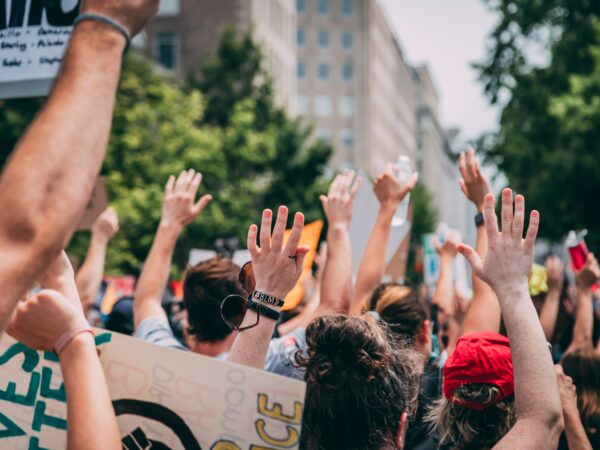
The idea of opposition then is not about establishing a negative position for its own sake. Instead, to embody opposition here is to draw a line, and this line constitutes a limit-experience. It as if to say, ‘enough is enough.’ So, this opposition is an ending and a beginning.
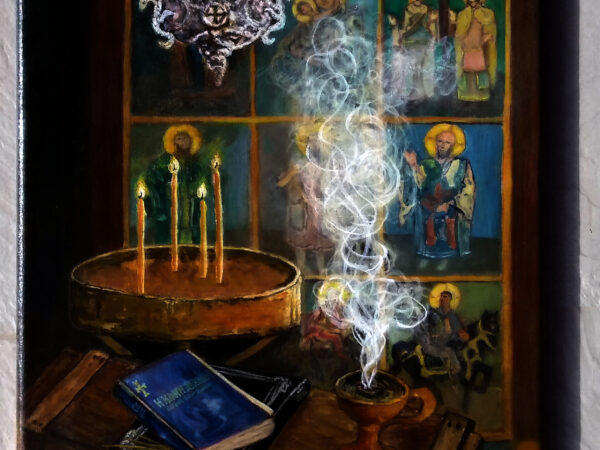
The primacy of the inner type of freedom can produce a withdrawal from the world or an attitude of passivity towards its frustrating circumstances, particularly when the believer searches for real freedom exclusively inside the self irrespective of the conditions that exist in the broader socio-political environment.
